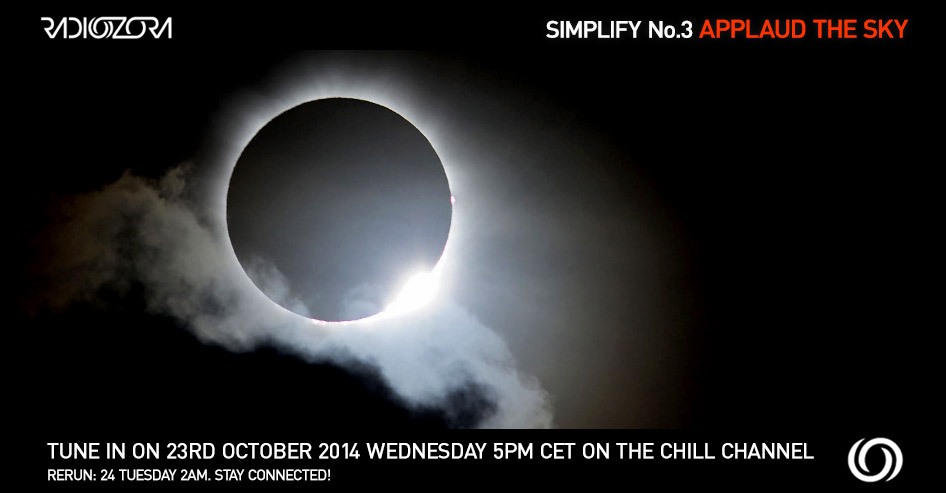 “Once I saw people applaud the sky”—is how the subject of the interview begins an article on the role of eclipses in the psy-trance scene. To celebrate the partial eclipse of 23 October (visible to sisters and brothers in North America and parts of Russia), we talk to Graham St John, self-confessed "vibeologist", the foremost academic documenting and analysing psyculture today.
“Once I saw people applaud the sky”—is how the subject of the interview begins an article on the role of eclipses in the psy-trance scene. To celebrate the partial eclipse of 23 October (visible to sisters and brothers in North America and parts of Russia), we talk to Graham St John, self-confessed "vibeologist", the foremost academic documenting and analysing psyculture today.
Graham will share his experiences of full eclipses with us, taking us by the hand into the bush of his native Australia, the scene of his first eclipse festival. "Raving is a reliogoius experience" he states - how so? We will highlight the essence of tribes in the scene and that of being a nomad, and will touch on the confluence of technology and new modes of thinking today: will the traditional structure of society be finally... eclipsed?
Tune in on 23rd October 2014 Wednesday 5pm CET on the Chill channel. Rerun: 24 Tuesday 2am. Stay connected!
Australian cultural critic Graham St John has written a groundbreaking study on the way the electronic dance music (EDM) genre called Goatrance globalized itself as a movement. In Global Tribe: Technology, Spirituality and Psytrance (Equinox, 2012), he describes Goatrance not merely as a subcategory of EDM. Psytrance, as it is also called, is first and foremost a culture that is celebrated through events such as parties and festivals. The emphasis here is not on regular clubs or labels but on personal transformation which is celebrated in a collective fashion. Music has a supportive role here, it is literally a medium, a transportative vehicle to carry us into another realm of consciousness. As Graham points out in the intro, “Enabling departures from dominant codes of practice and arrivals at alternative modes of being, the dance floor and the community proliferating around its verges, are built according to the design of a radical utopian imagination.” The traveller-scholar St John has given himself the task to articulate, theorize and popularize that imagination. Because of the ‘serving’ task of the music, music criticism plays less of a role in this case.




